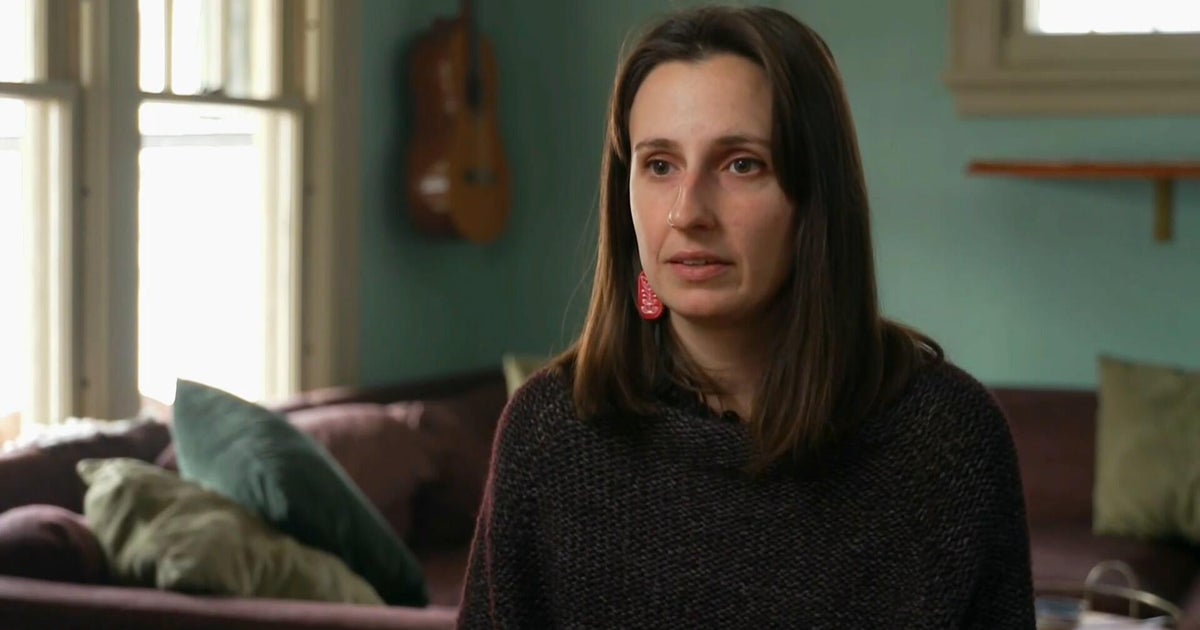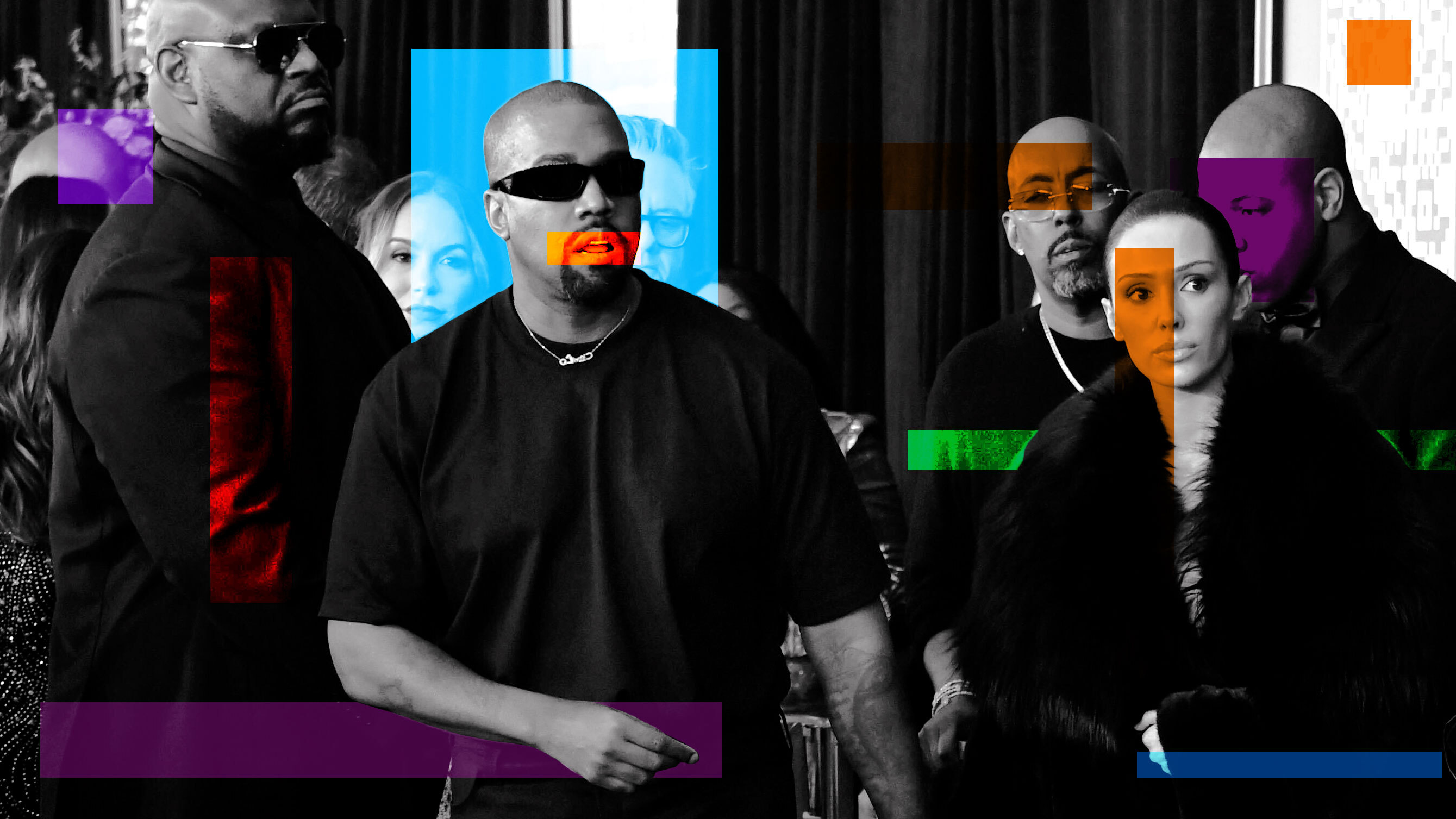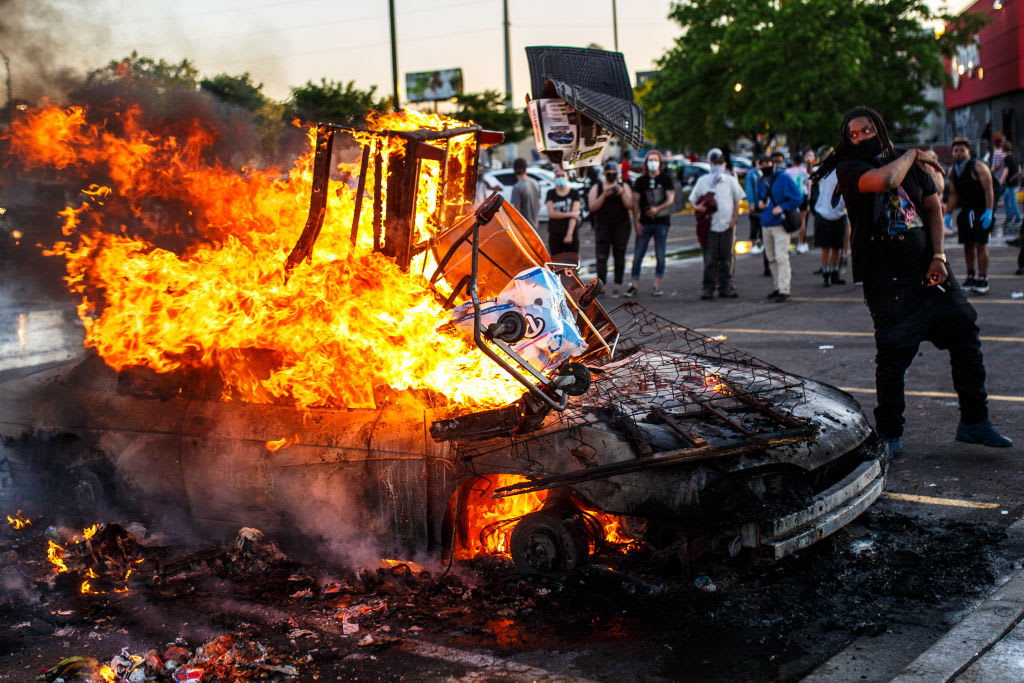Here's why "Despacito" has become the song of the summer
Young Niana Guerrero drops everything to dance wherever she is to the world's No. 1 song, "Despacito." Her video has been viewed more than 69 million times.
This week, it became the most streamed song in history. Universal Music says the official version and a remix have been streamed 4.6 billion times since the original release six months ago.
CBS News correspondent Michelle Miller reports the song went to No. 1 in the U.S. this spring. It became just the third predominantly, or entirely, Spanish language song to reach the top of the Billboard Hot 100, following in the footsteps of Los Lobos' "La Bamba" and "Macarena."
Now, 10 weeks later, the song that means slowly isn't showing any signs of slowing down. The song of the summer comes down to just four syllables: des - pa - ci - to.
"Once you hear a song on every radio station, no matter the format, on everyone's playlist, in every nightclub, in every bar, that's how you know the song is the song of the summer," DJ Cipha Sounds said.
"It is dominant in all of the metrics that measure a chart hit from sales to streaming to airplay," chart analyst and music critic Chris Molanphy added.
The song of the summer has actually been warming up fans since February, when it reached the No. 1 spot on Billboard's Hot Latin songs chart. The king of reggaeton, Daddy Yankee, first made it big in the U.S. in 2004 with "Gasolina."
Luis Fonsi is a Latin balladeer with pop hits over the past two decades. Two Latin music veterans, both Puerto Rican, fused their hard and soft sounds to create a hybrid record.
Songwriter Erika Ender co-wrote the song with Fonsi.
"For some reason, there's songs that have special magic," Ender said. "And this one has it. It has spark, it has magic. It is contagious. And this is not only big for the ones involved, this is big for the Latin music industry, period."
Cipha Sounds says this crossover success is different from the Latin boom in the late 1990s with artists like Ricky Martin, Jennifer Lopez and Enrique Iglesias.
"They were kind of taking the American pop formula and adding Spanish language to it or like Spanglish," he said. "But 'Despacito' has taken reggaeton music, which is like real Puerto Rican street music, and bringing it to the masses."
If you listen closely, you'll hear that repetitive reggaeton drum beat and a so-called tropical style in some unlikely places.
"Sometimes, people change it," Cipha Sounds said. "They spice it up. They add different instruments on top of it, but the core is that one beat. It's like over and over and over. But it's so infectious that it just pops off, you know?"
It was already a familiar sound to Justin Bieber. Then, one fateful spring night, Bieber heard "Despacito" light up a club in Colombia.
"I am so happy he got involved," Ender said. "I was in the studio working on my new CD and then Fonsi calls me and he goes, 'Erika, I just received a phone call and apparently Justin Bieber wants to record this song, like right away, what do you think?' And I go, 'Are you kidding me? Go ahead. Yeah, of course.'"
The remix, with just a single additional verse in English, quickly went to No. 1 on the Billboard Hot 100 in mid-May, where it's been ever since.
"Justin Bieber has provided magical hit record pixie dust," Molanphy said. "It is surprising that it's such a huge record on Anglo radio stations, despite the fact that it's nearly 80 percent in Spanish."
"I mean, this confirms that it doesn't matter the language," Ender added. "It doesn't matter the time. When you've got a good song in your hands, it flies as high as it wants."
Bieber did catch some heat when he was caught on video not knowing the Spanish words to the song, instead inserting some politically incorrect words. Most of the people CBS News talked to were willing to give him a pass since Bieber was the one who wanted to sing the song mostly in Spanish, which they applauded. However, Ender did say she'd love it if he could learn the lyrics.





